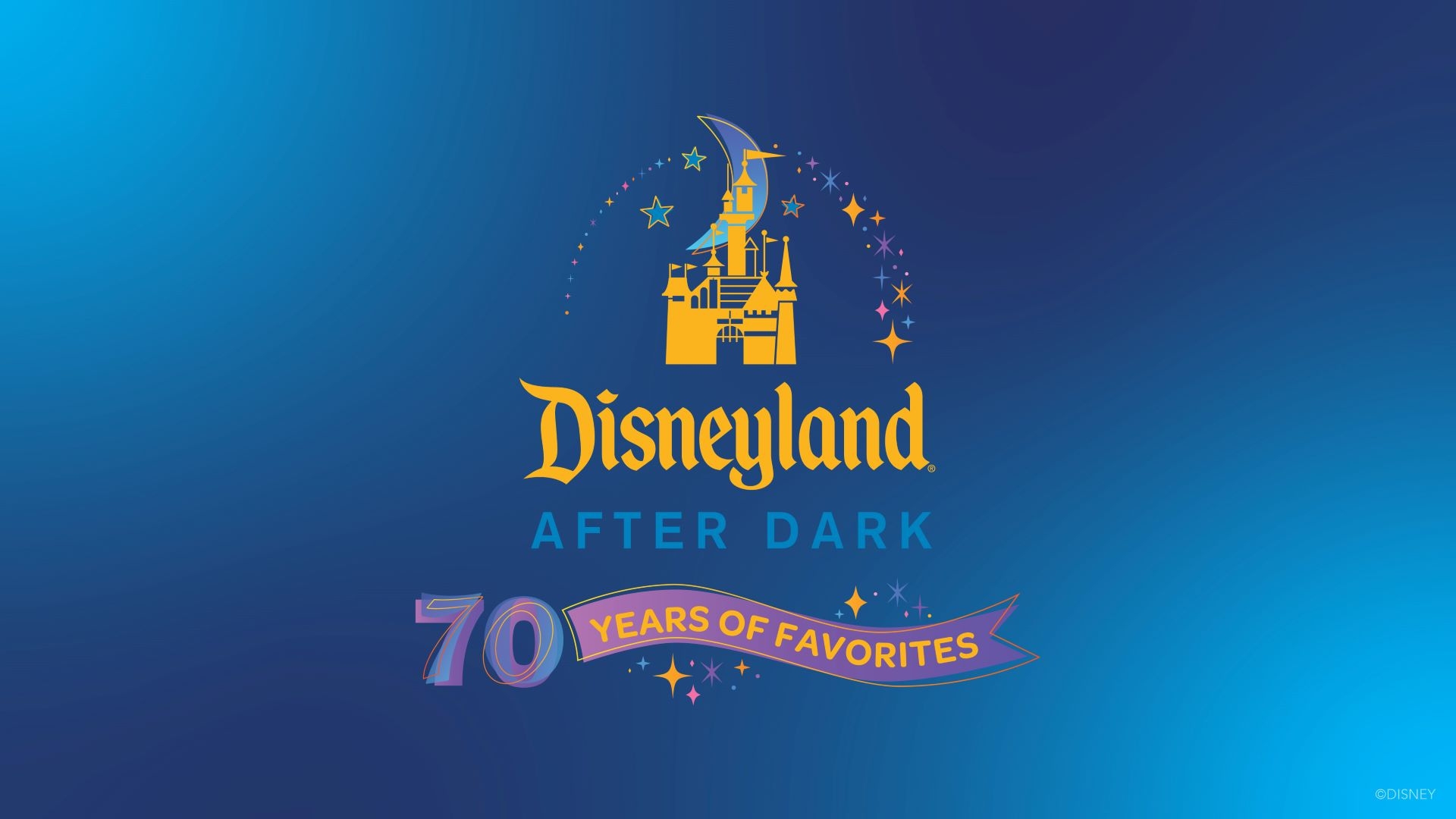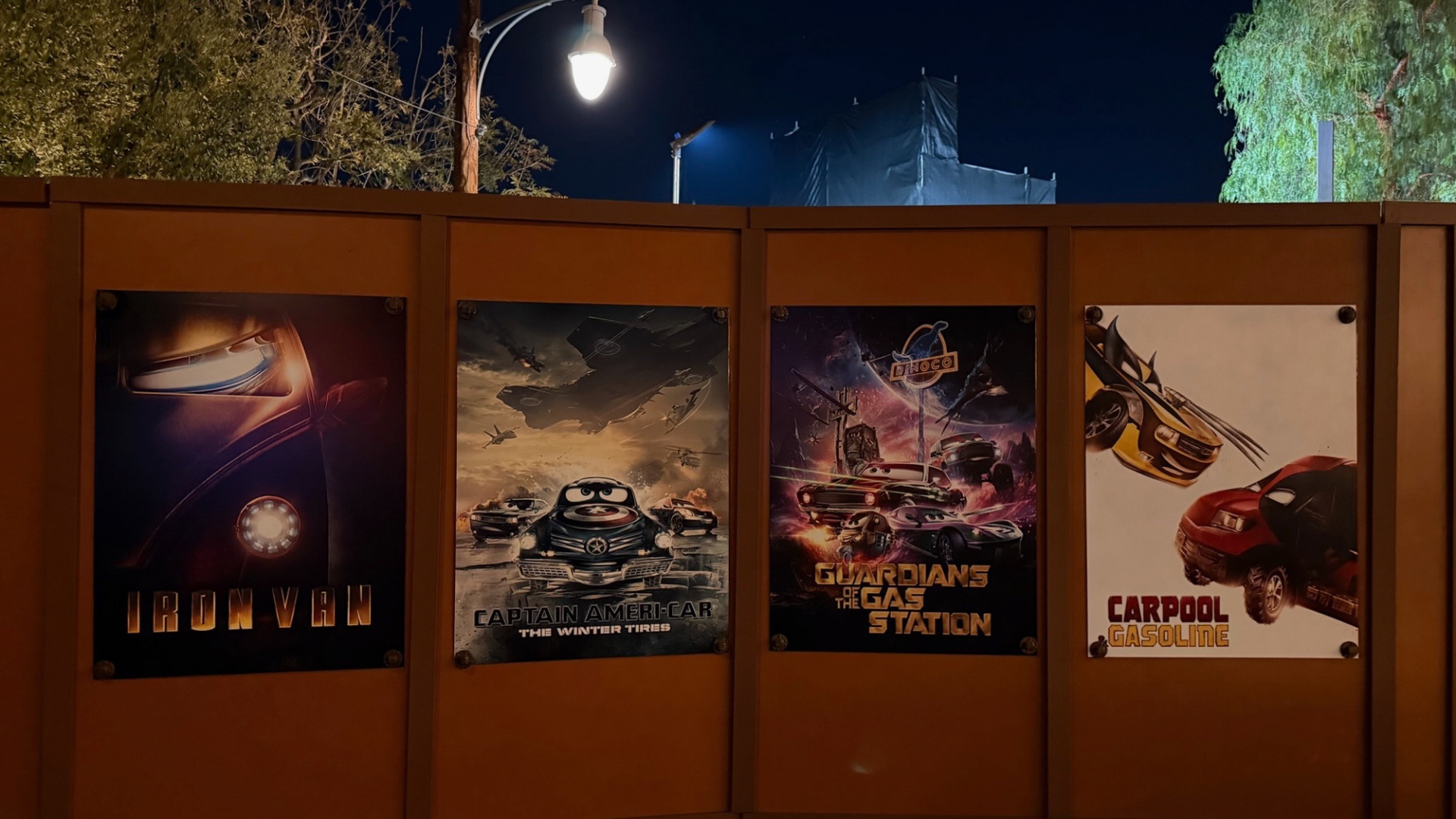Amazon and Apple are poised to launch their online movie stores in the coming weeks, and everyone knows it. Apple's big event is on Tuesday next, while Amazon has yet to tip its hat on a launch date (though we've seen the screenshots). It's not a question of if… only a question of when. In fact, the number of people talking about these developments behind the scenes is so great at even the Wall Street Journal is reporting the "rumors" as facts.
One of the more interesting tidbits coming from folks in the know is an apparent split between Disney and the other major studios over who they want to do business with. At present, Apple has managed to only sign Disney, while Amazon has scored deals with most of the major studios… except Disney. As you may know, Steve Jobs and Disney got a lot closer earlier this year whenDisney bought Pixar for more than $7 billion, and Jobs got a seat on the board. What's the hubbub?
Amazon and Apple are taking different approaches to pricing, with Apple desiring to keep pricing locked into two or three tiers. For instance, older movies are expected to cost $9.99 from Apple, with newer releases selling for $14.99. Apple wants to keep pricing at these two poles, with perhaps a third reserved for special editions, video sets, and the like. Amazon's service is reportedly open-ended, leaving the studios to adjust prices at will and set them wherever they please.
What no one can answer is why Disney hasn't signed with Amazon. While Apple may be experiencing problems getting everyone into a streamlined pricing model, the open-ended nature of Amazon's offering means that Disney can still sell at whatever price point it wants. In fact, to make matters even more confusing, the WSJ paraphrases an anonymous studio executive as saying that he expects most movies on Amazon to sell between $9.99 and $14.99—the outlying price points used by Apple. If Disney can sell for whatever price they want, what's the reason for the holdout?
Apple probably isn't worried, regardless. When the iTunes Music Store added television shows last year, Disney was the only major player on board, and we all know what happened after that. Slowly but surely, the other studios and networks came into the fold, and Apple has now reportedly moved more than 35 million videos. "If you build it, they will come…"
Success isn't a given, however. The all-important early-adopter market could balk at movie prices that aren't much below that of DVD. While new DVD releases can easily climb over $20, a little legwork can turn up DVD deals in the $10-18 range. Those same DVDs also sport higher quality video than current mobile offerings, and of course, they actually play into today's DVD players.
The higher-end of the pricing scale is where the real dispute is taking place. In short, Apple wants studios to commit to $14.99 for new releases, and the studios want the option of selling higher. Let's face it: Apple's battles with the music industry have probably led the video guys to worry about the golden lining of new hit releases. What if this takes off? What if they want to sell at $17.99? From the point of view of the studios, online movie distribution is a threat to their DVD revenues, and you can bet that they're reticent to turn their pricing over to Apple. With Apple reportedly willing to hand over $14.50 of each $14.99 sale to the studios, the lack of interest from the major studios right now suggests that they are accustomed to better margins, even after accounting for product costs and packaging.
Problem is, if history is anything to go by, the iTunes Music Store may be the only place to make money online for the foreseeable future.





